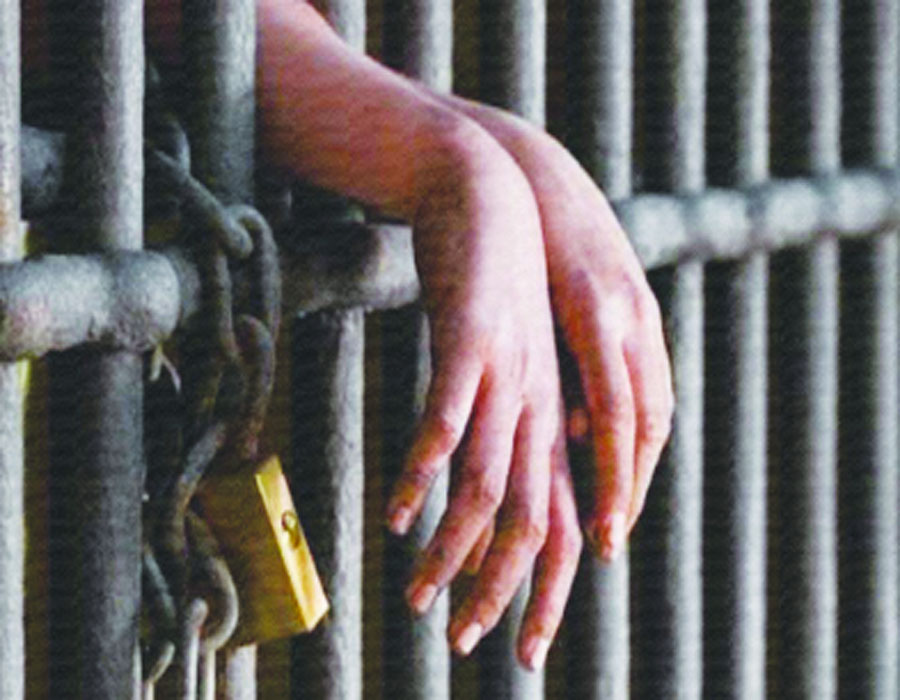There is a need for disciplining jail inmates, with humaneness
The Delhi High Court on Tuesday asked the Director General (Prisons) to find ways of handling prisoners in the Capital’s jails better to reduce violence and encourage discipline. The court’s query followed a plea hearing about the use of excessive force while disciplining errant prisoners. The officer told the court that instances of violence occur when the lodgings of hardened criminals are shifted or when they are questioned upon recovery of banned items, such as mobile phones, weapons and even drugs, from them. The Director Prisons will assist the court with a lengthier explanation on May 20, the next date of hearing in the case. Reforming the prison system in the national Capital — anywhere in the country for that matter — is akin to searching for the Holy Grail. There are 16 jails in Delhi. All are overcrowded and understaffed. The living conditions, standard of hygiene, availability of healthy diet and exercise are questionable. Lack of legal aid, overstay of undertrials or prisoners completing their terms and gangster-ism among inmates add to the problems. The overworked and underpaid employees are hardly in a mood to be human and civil. They are rarely trained to treat the prison as a centre for rehabilitation. Prisons, in the eyes of most jailors, are where convicts come to get punished. The AAP Government told the High Court in 2019 that it had implemented a brand new jail manual in the Delhi jails. The fact that the same court heard Tuesday’s plea three years later says a lot about the impact of the manual.
The United Nations in a 2019 report said that overcrowding in jails and violent, or excessive, or illegal use of force by jail officials to instil discipline contributes to increasing levels of violence. Excessive use of solitary confinement rarely makes the inmates obedient. Accountability for excesses by jail staff is low or non-existent. What purpose does a jail manual serve? A report of the Thailand Institute of Justice, ‘Global prison trends 2020’, said: “A prison service’s tasks include ensuring safety and security and organising everyday life in prison, ensuring treatment which does not infringe the human dignity of prisoners, offering meaningful occupational activities, interventions, thus preparing them for release and reintegration into society.” The tasks can be executed if the jail staff is educated, professionally trained and well paid with regular work hours. It is rare to see a jail official satisfied with the job. Many allegedly collude, play caste politics, encourage snitching and insider trading. We need a higher level of training in routine prison and prisoner management, criminology, law, social work and rehabilitation support. Otherwise, as the Delhi High Court said to the Tihar authorities in June 2021: “…it is because of these actions that people are avoiding extradition into our country. They go and say ‘look this is what happens in Indian prisons. People get beaten up. Don’t send me there’.”


























